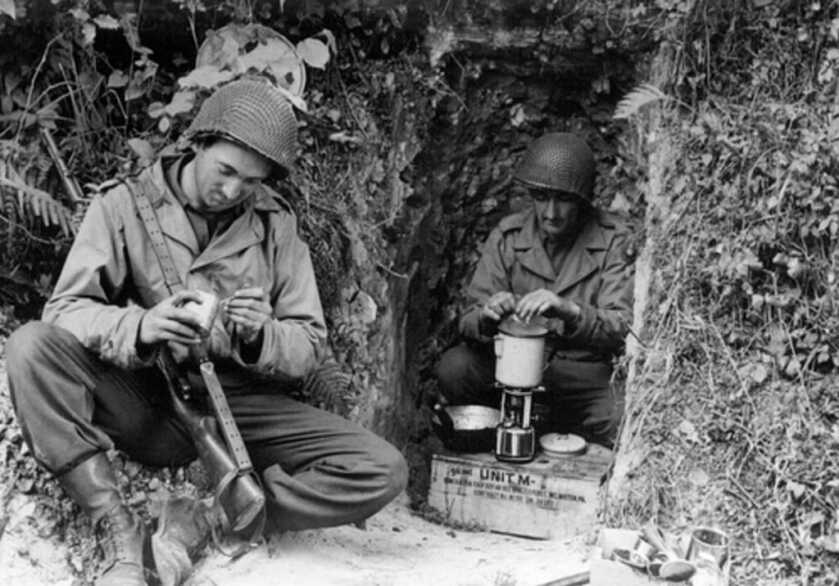
I was born 21 years after the conclusion of the Second World War. When I was young my world was liberally populated with World War 2 veterans. Sixteen million Americans served during the war, roughly eleven percent of the overall population.
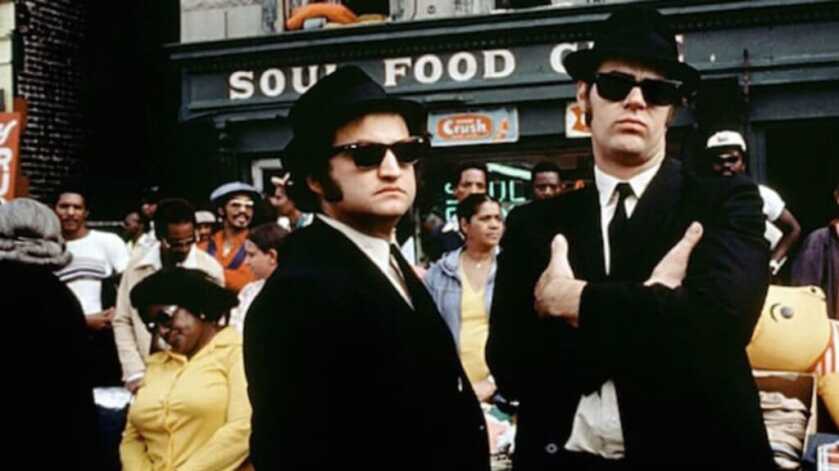
I remember them all dressed like the Blues Brothers and clamoring over each other after church let out. Upon the final “Amen” these guys scampered outside to burn their Camels and Marlboros. Though it reliably kills you young, nicotine is a great anxiety medicine.
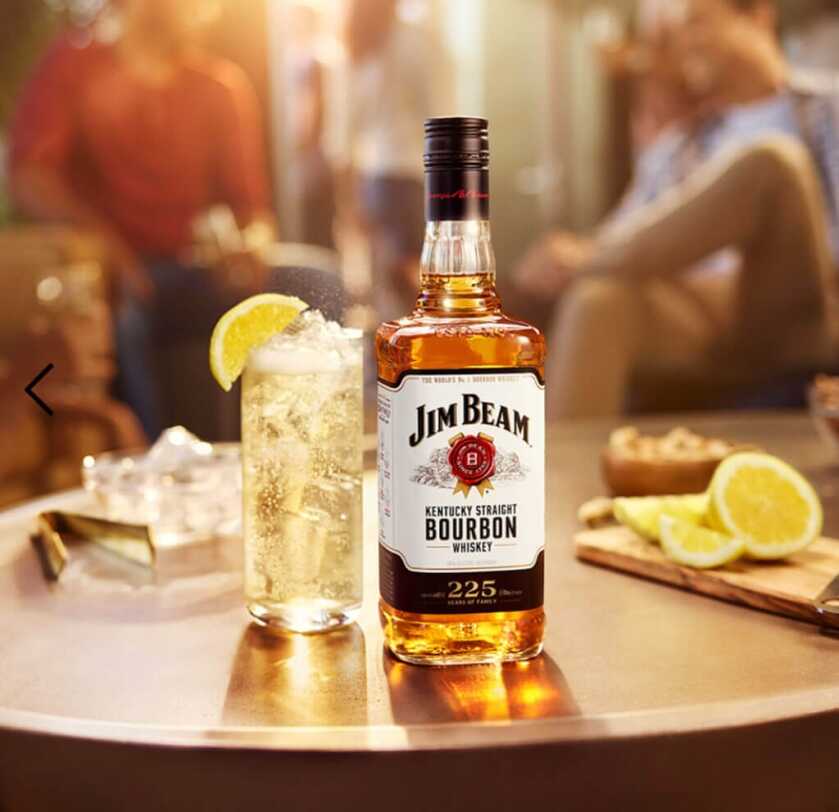
It was different back then. Clinical anxiety was not a real thing, and folks typically treated their emotional challenges unsuccessfully with alcohol. These young men had been ripped from their homes and families to travel to the other side of the planet and fight and die for the cause of freedom. They were just simple men—souped-up teenagers juiced on testosterone and patriotism.
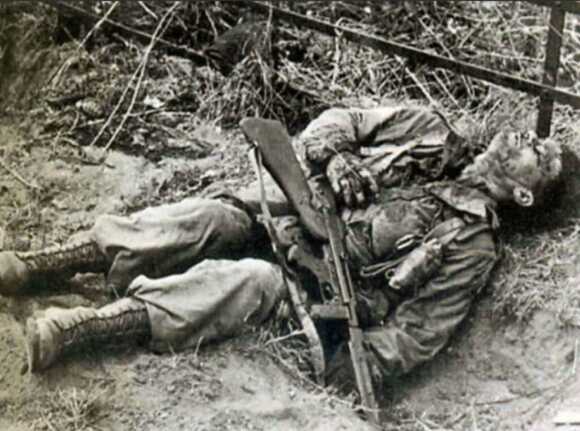
These experiences changed them fundamentally. The visions of hellish carnage are beyond anything we modern folk can really imagine. We honestly have no idea.
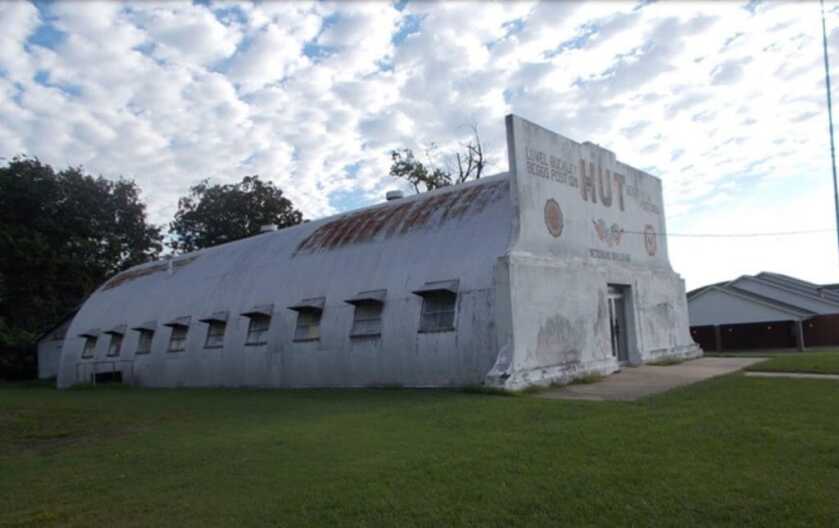
It was not in vogue to speak of such stuff openly back then, so most just kept it bottled up inside. They would disappear to the VFW to drink too much with the only folks in the world who could understand. For the most part, however, to cope they just worked hard.
An Extraordinary Fellowship
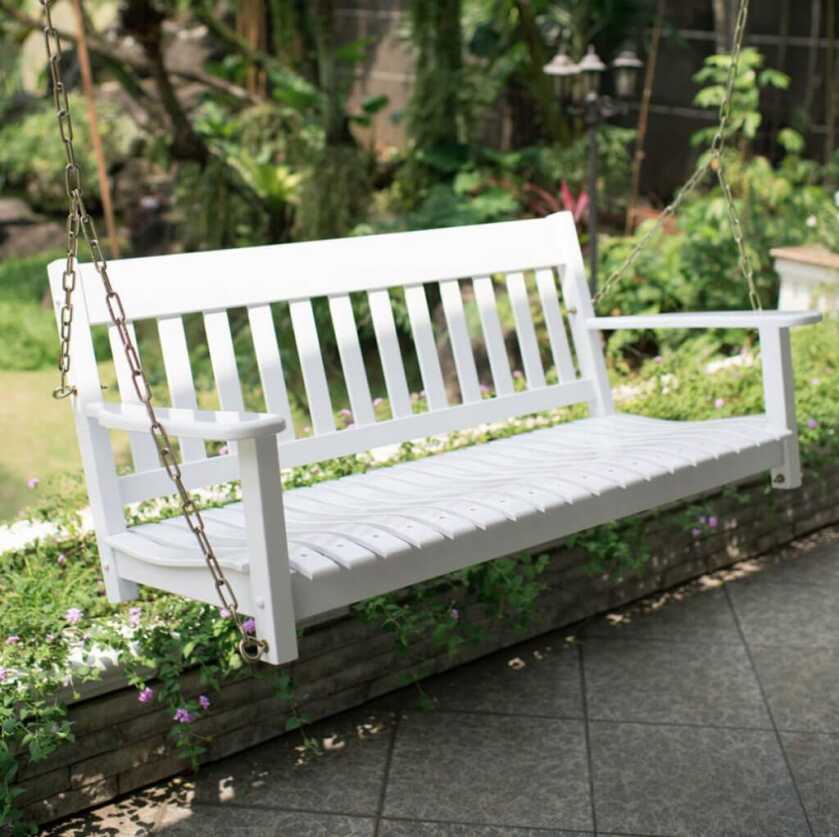
I was a bald-headed freshly-minted paratrooper just back from Benning when I first met my wife’s grandfather. My then-girlfriend disappeared off with her grandmother, leaving me on a porch swing with her grandfather for a couple of hours. He had himself been a paratrooper in 1942 until a jump injury moved him to the leg Infantry. He asked about airborne training and was amazed at how little had changed. Then he got a far off look in his eyes.
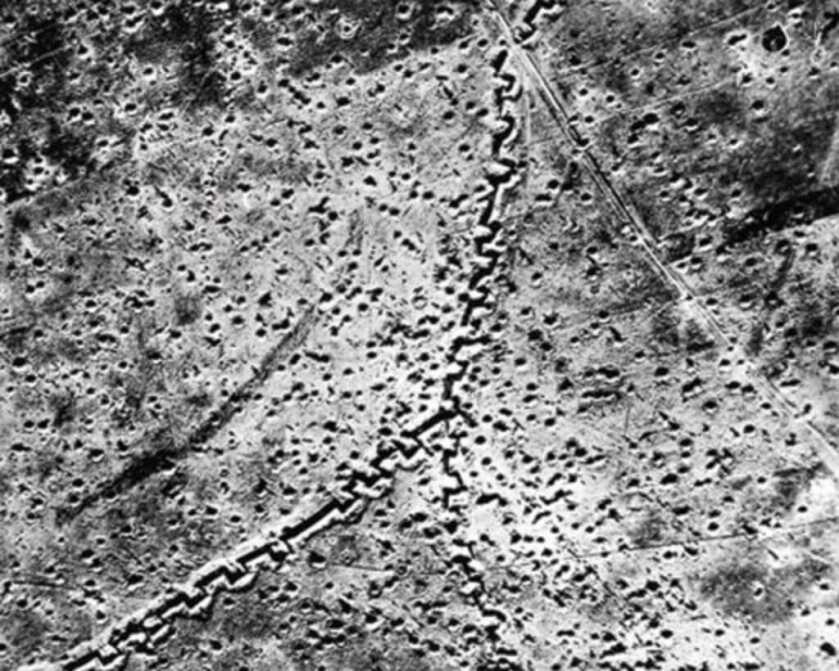
He fought as an Infantryman in North Africa, Sicily, and Italy. He told me what a German artillery unit looked like after it had been obliterated by Allied artillery. His description included human entrails draped liberally across trees.
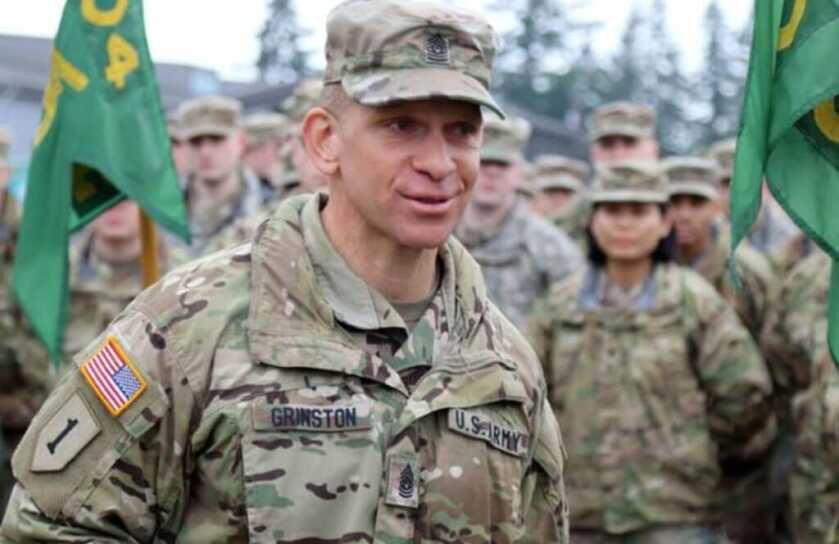
The man had enlisted in 1940 as a Private and ETS’d in 1945 as a Master Sergeant. It takes a good bit longer than that today. He made rank so quickly because every other person he worked for got killed.
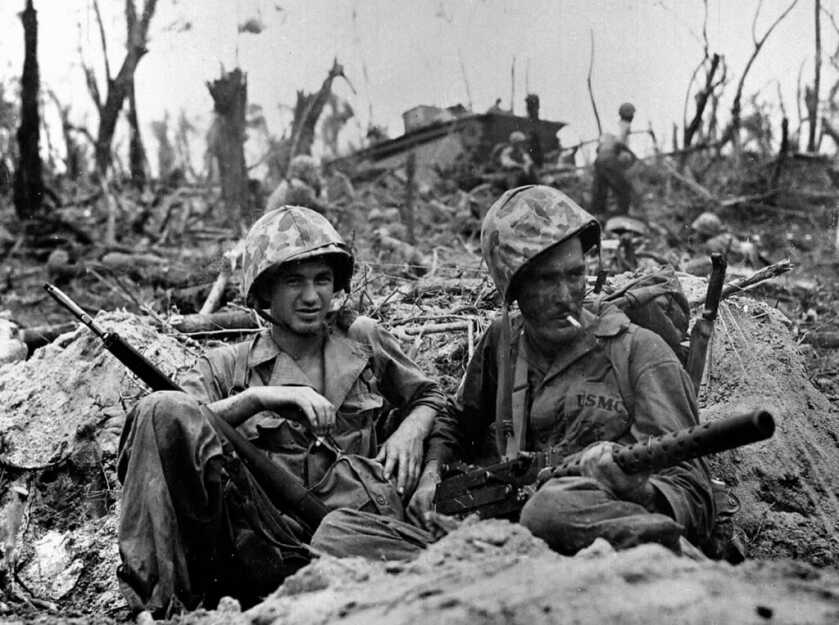
That evening I enjoyed dinner with my future in-laws. I casually mentioned that I had enjoyed a truly splendid talk with grandpa that afternoon about airborne training, military service, and the war. The conversation stopped abruptly. When I asked meekly if I had said something inappropriate I was told that he had come back in 1945, announced that it had been bad, and declared that he never wanted to speak of it again. To my knowledge, this conversation in 1986 was the first time he had mentioned his time in uniform to anybody.
A Most Remarkable Math Teacher
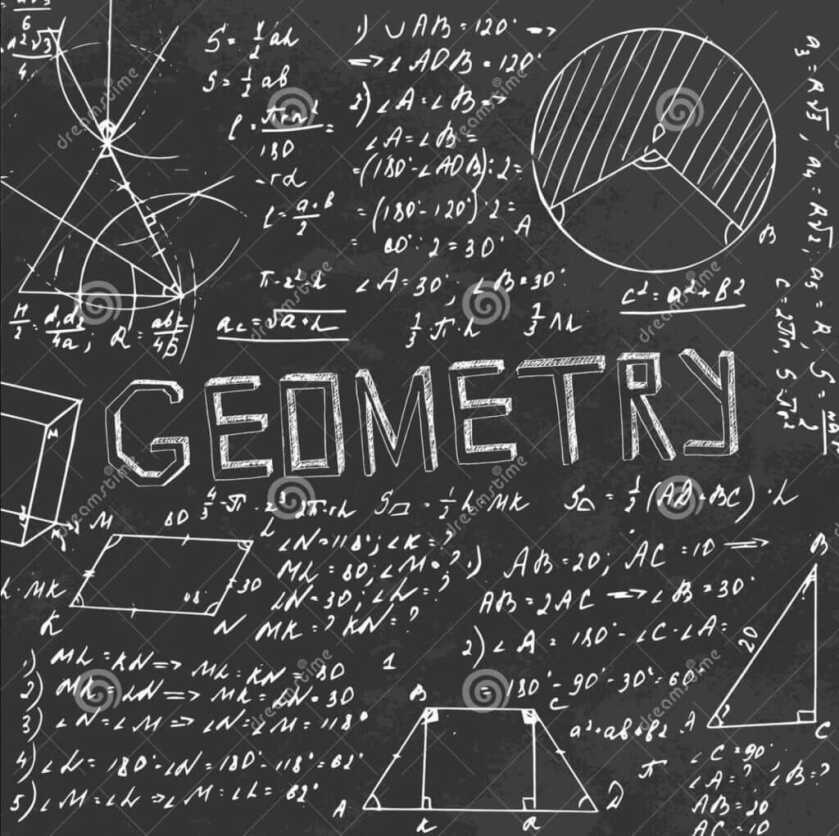
John Mullins was my Tenth Grade Geometry teacher. He was a backwoodsman in his fifties who had taught Geometry and Senior Math ever since he came back from World War 2. He was a thin man with a thick Southern accent who suffered from diabetes at a time when diabetes was still kind of unusual.
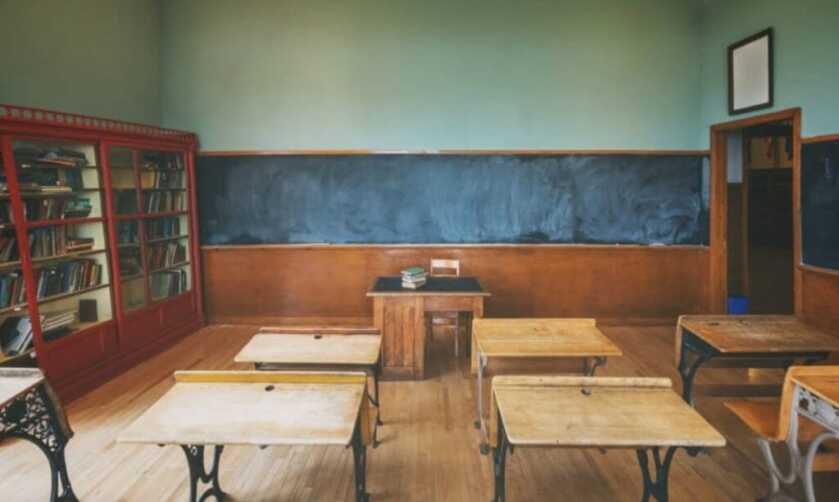
Today’s teachers are both underpaid and underappreciated. However, most of the teachers in my well-funded district have access to more technology than launched the moon missions. Tablet computers, networked projectors, classroom Internet, and educational science aplenty enhance the chores of pouring knowledge into the heads of their precious little monsters. By contrast, Mr. Mullins had a chalkboard, a wooden compass, and a wooden protractor. With just these three items that man taught me a great deal of geometry.
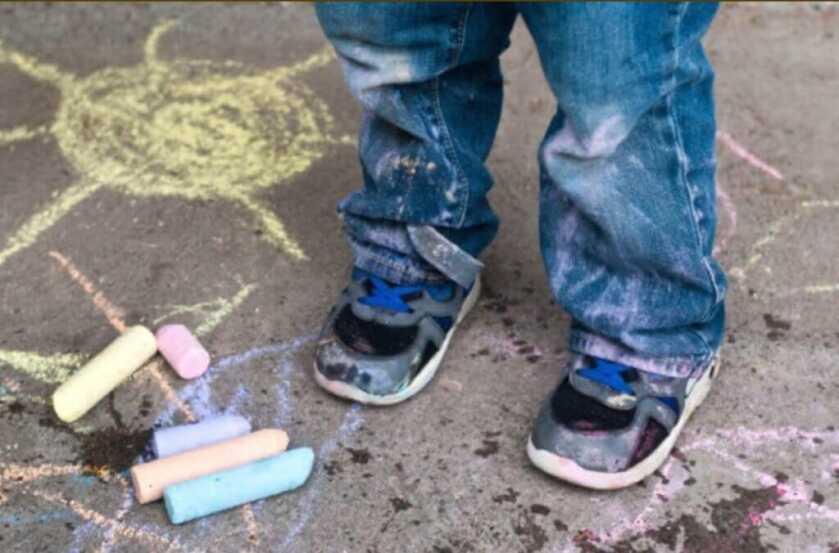
His pants were always covered in yellow chalk dust. I can only imagine how this must have frustrated the man’s wife when he came home in the evenings.
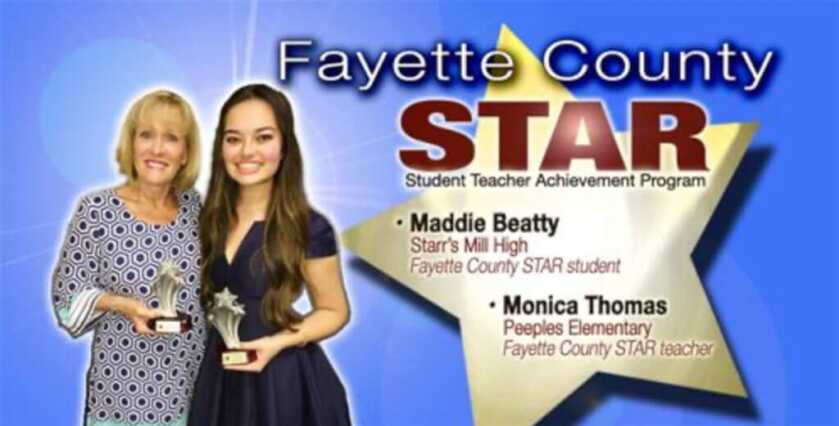
I’m not God’s gift to smart people, but I was the STAR Student for my high school. I picked Mr. Mullins as my STAR Teacher. When I bumped into the man in the hallway and informed him of that fact he broke into a broad grin, wiped his chalk-covered hands on his pants, and shook mine in appreciation. I’ll never forget that.
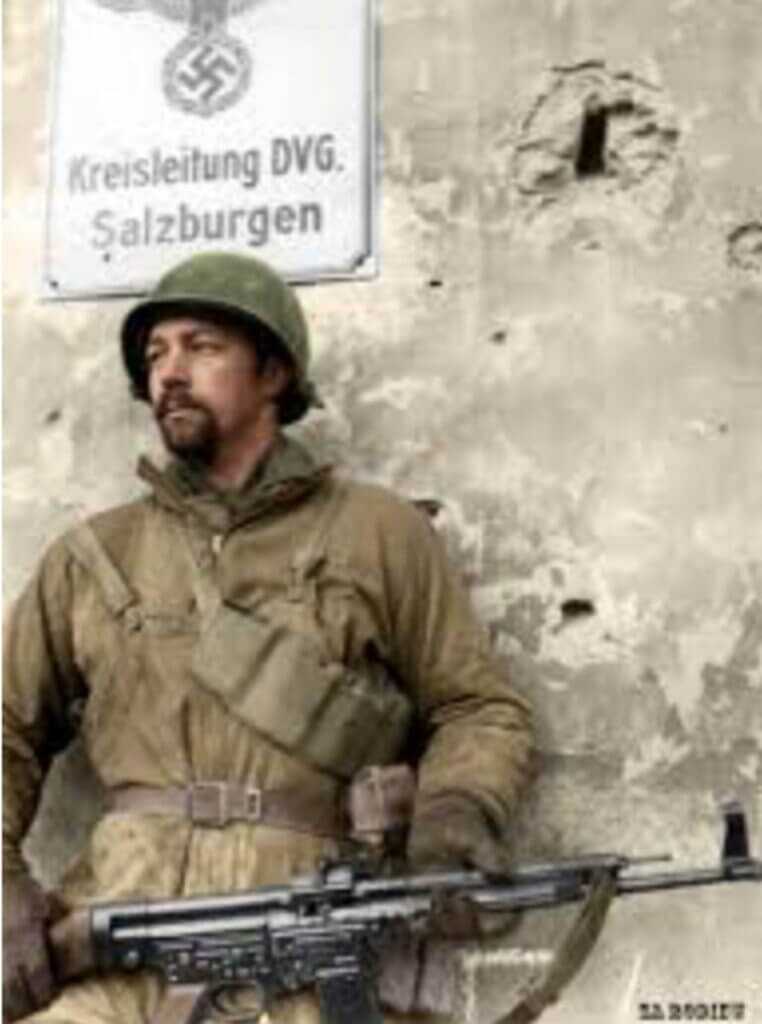
Mr. Mullins was a relatively unemotional man not prone to outbursts. However, one day something touched him off and he kicked the wastepaper basket hard enough to stove it in on itself. The ferocity of this display scared the living crap out of us. We attributed it to his blood sugar. In retrospect, I suspect it went deeper than that.
Only the Good Things
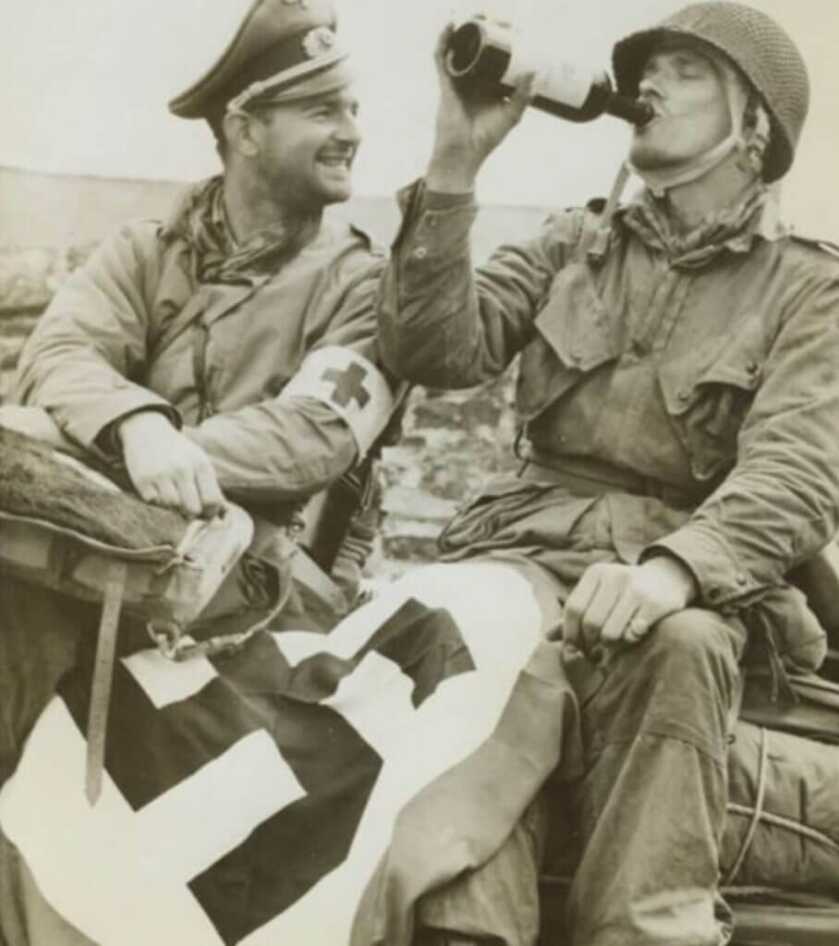
In my experience, those old guys almost never share the dark stuff. They’ll speak of the funny times or the inevitable silliness that ensues when thousands of young men are packed together with a common purpose. They saved the real stories for their buddies at the VFW or just never spoke of them at all. In the case of Mr. Mullins, he once interrupted class spontaneously to relate a tale of combat in Europe in WW2.

For Uncle Sam’s own unfathomable reasons the BAR was reliably issued to the smallest man in the squad. Troops would align in formation by height. Giving the 19-pound BAR to the shortest guy in the unit supposedly made the gun a smaller target in combat. In practical use, once the bullets started flying such stuff just found its own level. The BAR went to whoever best wielded it in support of the squad and platoon mission. In this case, that was Private Mullins.
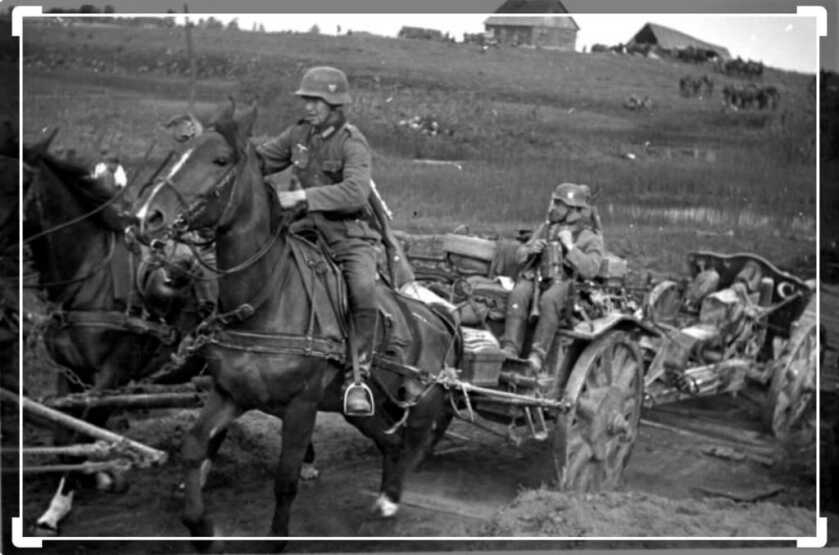
Mr. Mullins and his mates were fighting across France, and life was dangerous, chaotic, and short. In modern mobile warfare front lines can be nebulous things. Amidst the fog of war, a German courier astride a beautiful white charger came trotting down a forested French road as my future Geometry teacher and his fellows hid in the brush nearby.
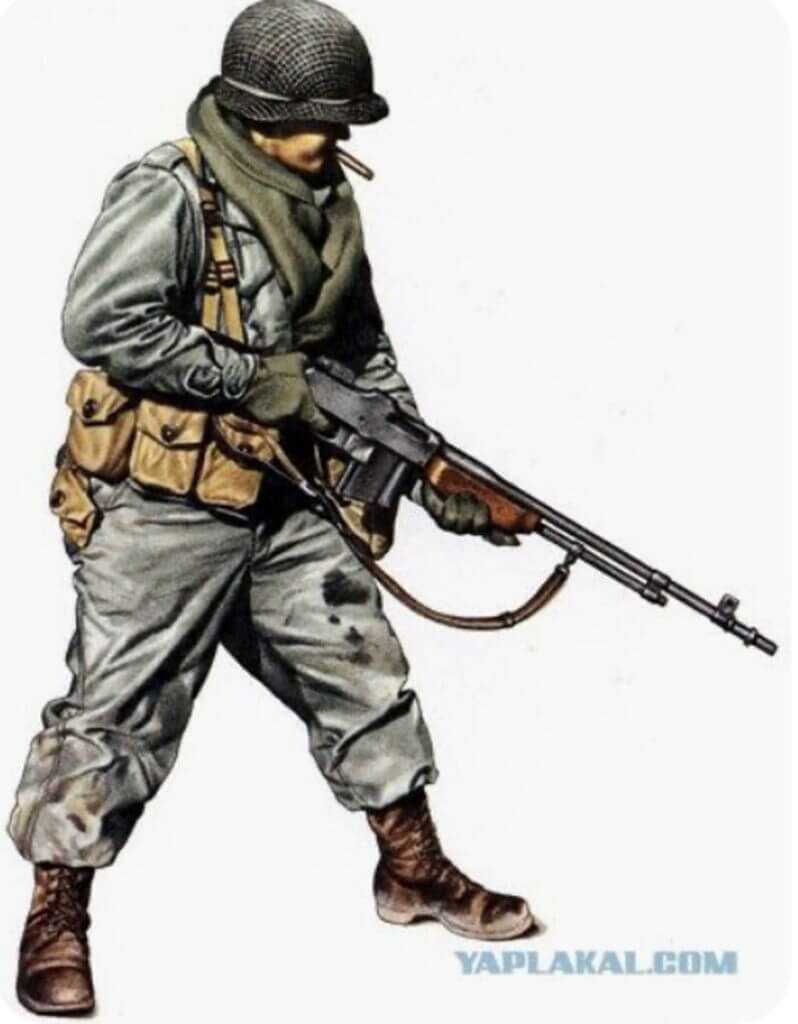
Mr. Mullins stepped out into the track, his BAR held at the hip and oriented toward the surprised Wehrmacht soldier. Mr. Mullins said he did not necessarily intend to kill the man but rather wanted to take him prisoner and secure his dispatches.
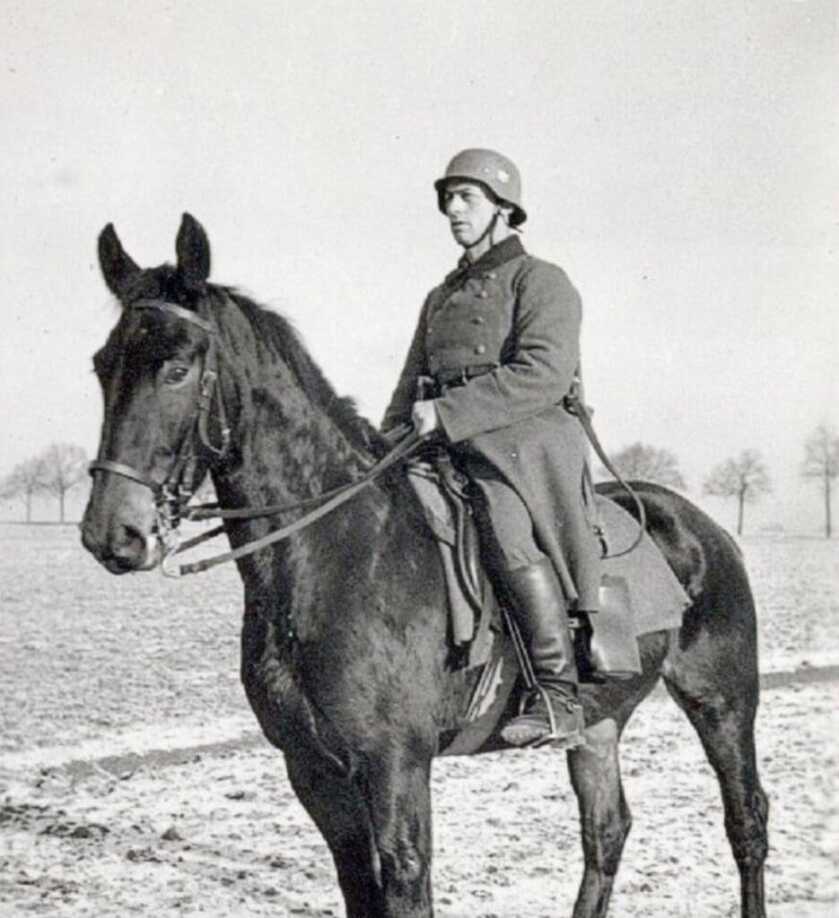
He told us he was most taken with the beauty of the enemy soldier’s horse. All folks of that era appreciated a nice horse.
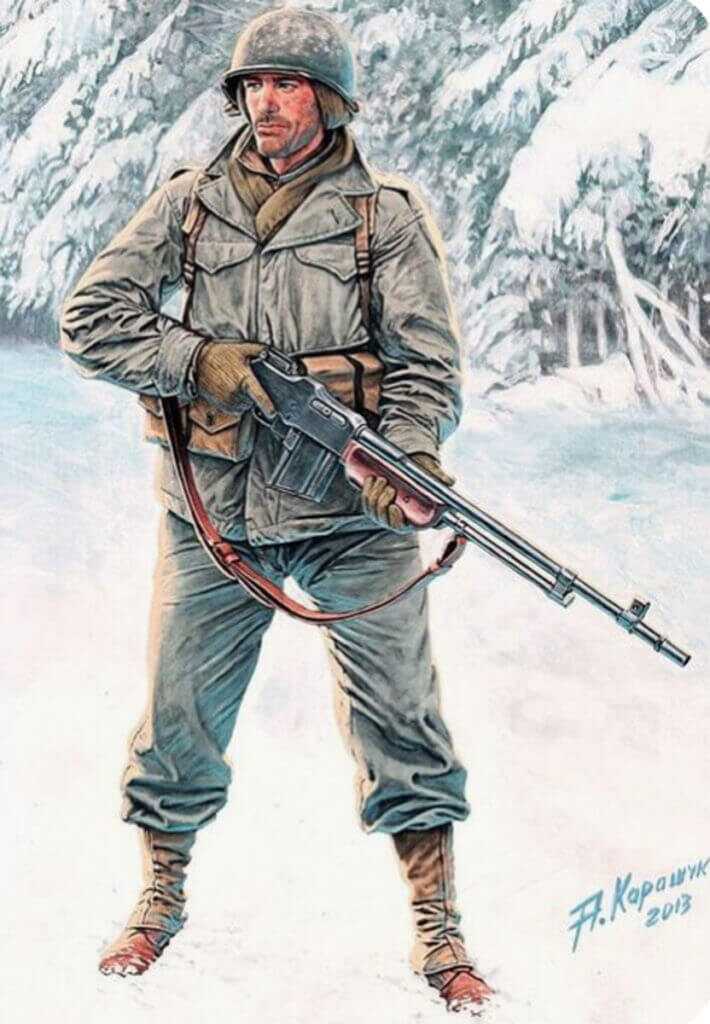
The Nazi soldier, for his part, wanted nothing to do with that plan. He wheeled his terrified mount around masterfully and took off from whence he came at a hard gallop. Mr. Mullins, now incensed by the Kraut’s impertinence, triggered his massive Browning, emptying the 20-round magazine in a single long burst.
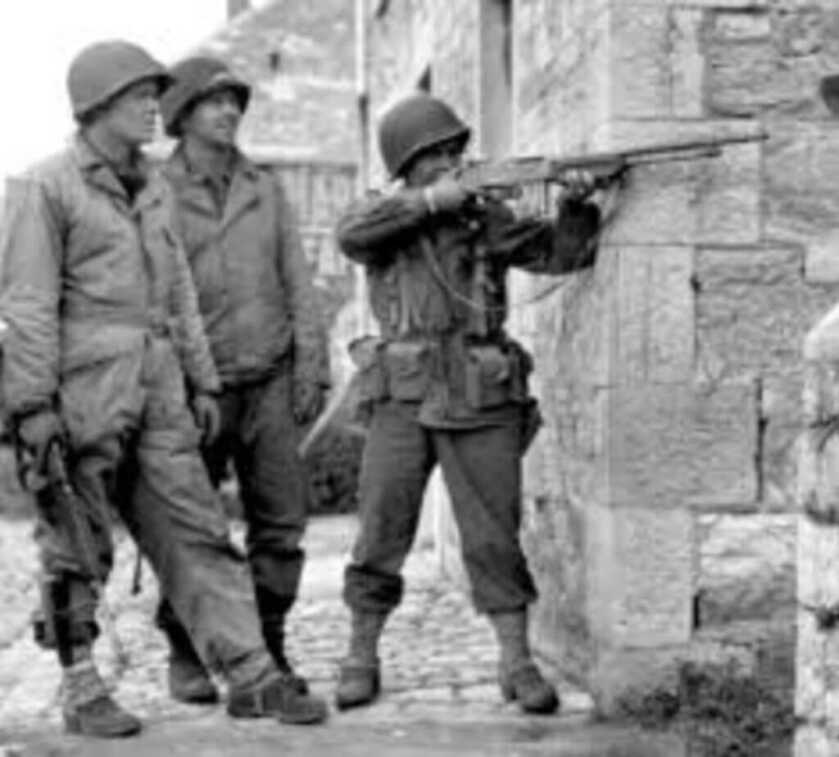
Engaging a galloping horse from the hip is not a standard course of fire taught on Army ranges, so Mr. Mullins said he just rolled the big gun around in a circle as he unloaded at the weapon’s cyclic rate. When the bolt slammed home on an empty chamber and the smoke cleared Mr. Mullins said the German rider was disappearing into the distance, terrified but otherwise unhurt. Mr. Mullins used the experience to relate something about mathematical probability. I don’t recall anything about probability, but I’ll never forget the BAR story.
John Moses Browning’s Machine Rifle
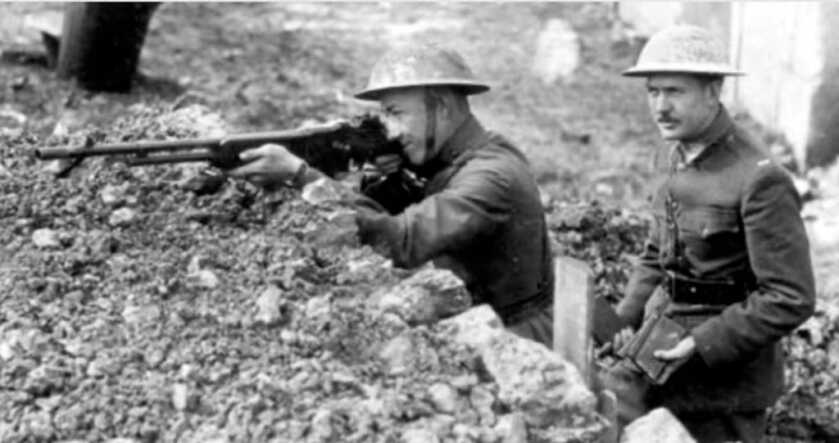
John Browning was the most prolific firearms inventor in human history, holding some 128 gun patents at the time of his death. We have discussed the development of his eponymous automatic rifle in this venue before. Here’s the link—
Heroes Hidden in Plain Sight: The Browning Automatic Rifle

The gun Mr. Mullins carried was the M1918A2. On paper at least, the M1918A2 was improved over the original M1918 with the addition of a two-stage fully automatic fire selector, redesigned furniture with a lengthened buttstock, a massive folding bipod along with a shortened tubular flash suppressor, and few other minor trinkets. Realistically this just made the gun three pounds heavier.
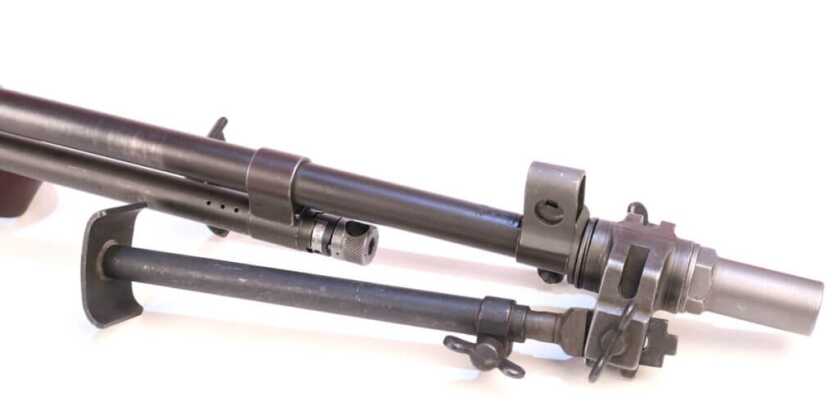
Many to most of the cumbersome bipods were removed and left with the company cooks. The heel-mounted monopods on the buttstocks got binned in short order as well. Where the original M1918 was a selective fire with a three-position fire selector, Mr. Mullins’s gun eschewed the semiauto function in favor of a selectable full auto rate of either 400 or 600 rpm.
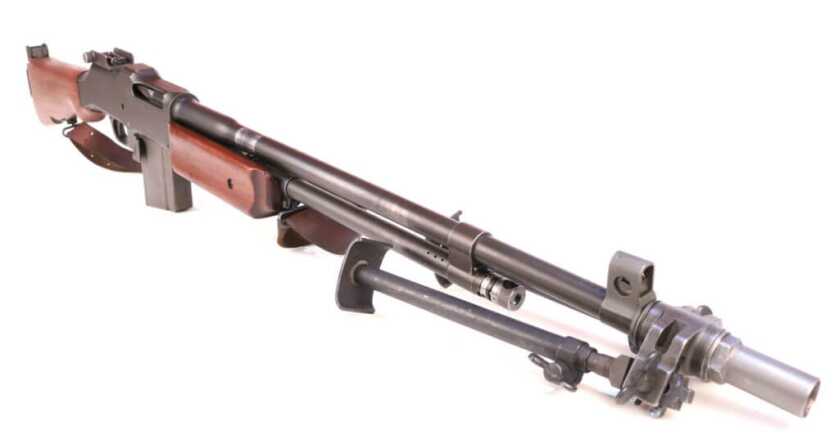
The BAR is almost unimaginably bulky and heavy. Packing one of these beasts from the truck to the firing line is a butt whooping. I cannot imagine toting that thing all the way across Europe. Alas, those were some undeniably hard guys.
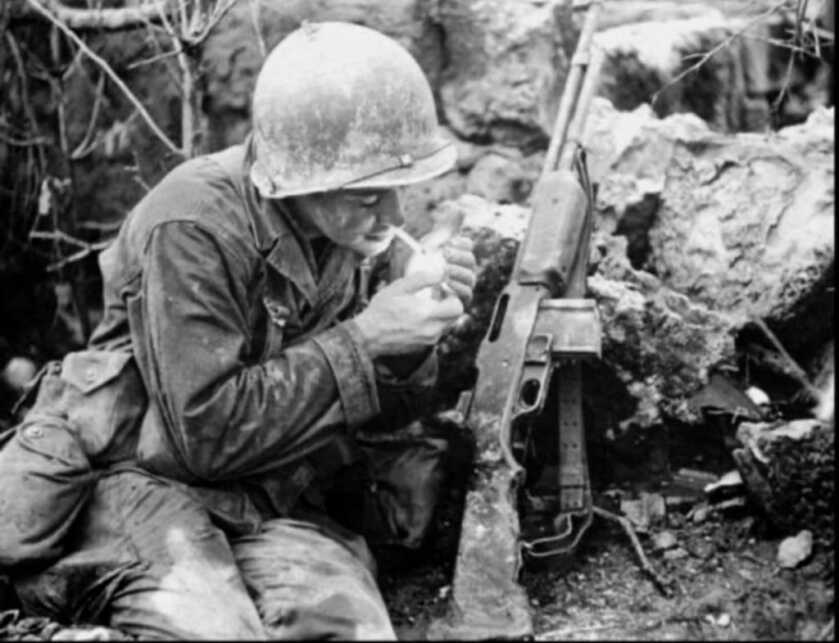
Mr. Mullins eventually died of complications of his diabetes. We lacked the tools to manage this pestilence back then that we have now. However, with only those three simple tools this dedicated educator taught me enough Geometry to get me through Mechanical Engineering school as well as a lot of other complicated stuff later on. As a nation and as a people we owe those old guys a debt that can never be repaid. Sometimes it behooves us to just be still and ponder how awesome they all were.
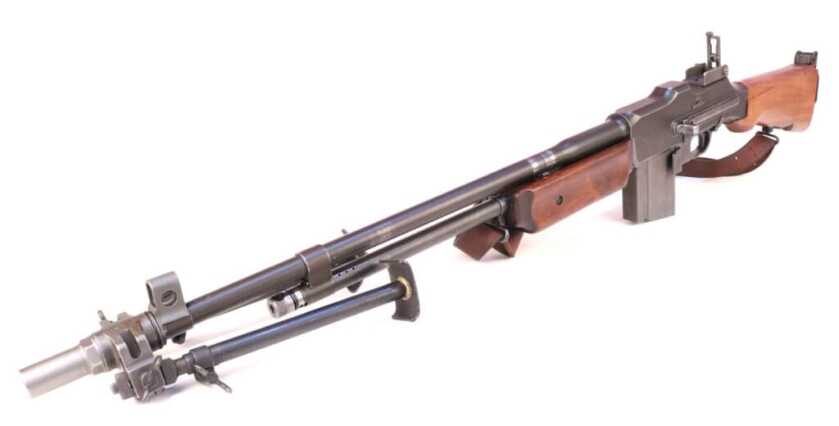
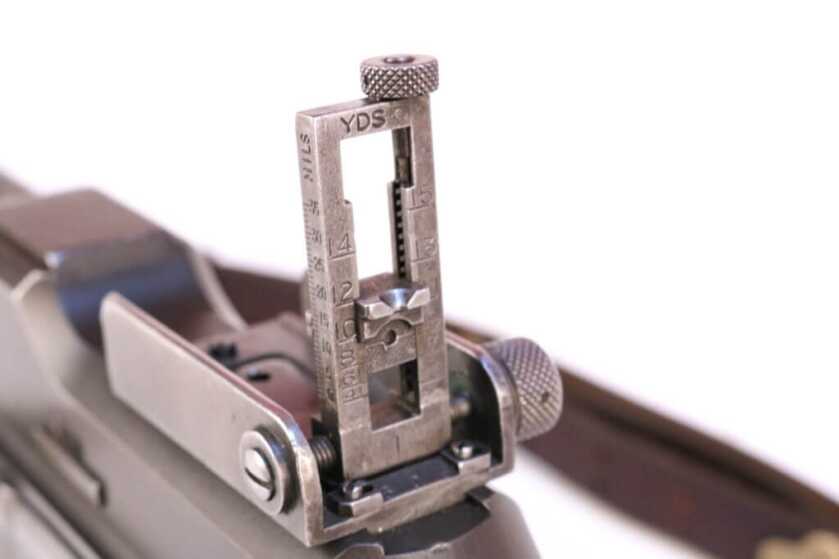
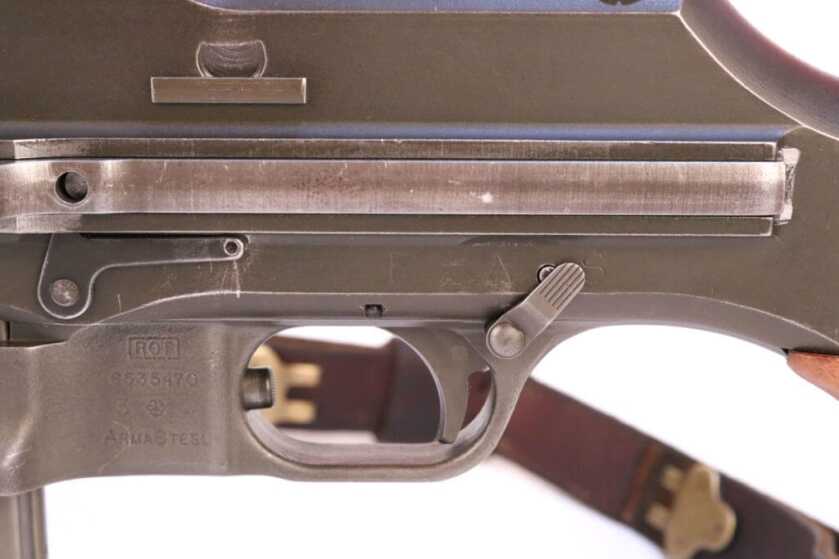
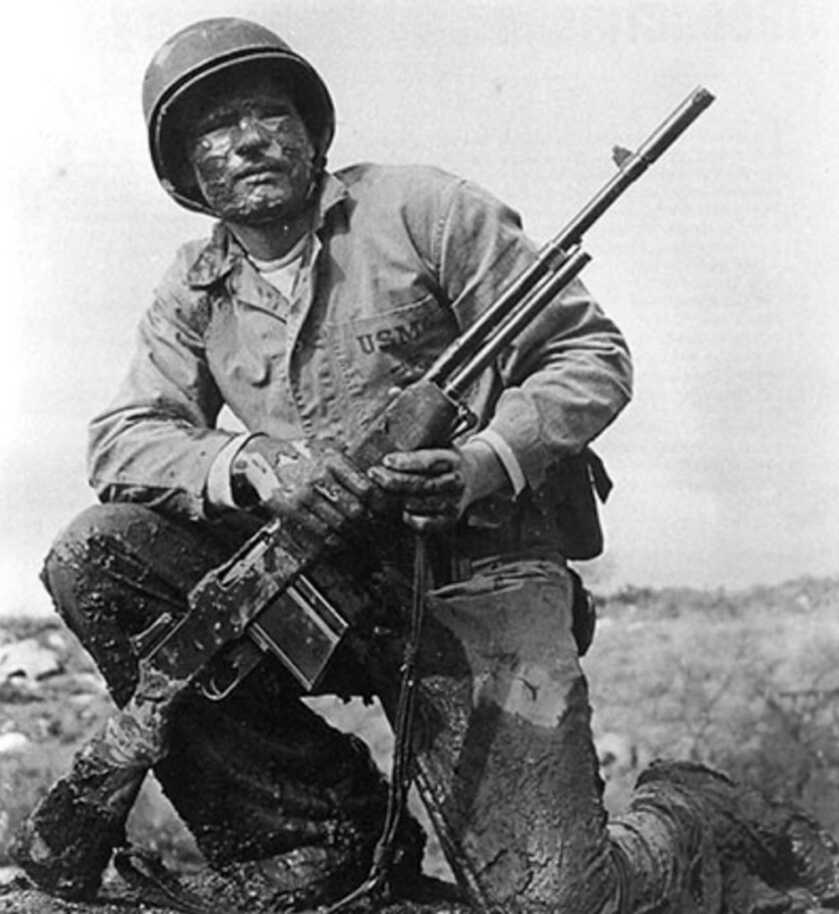

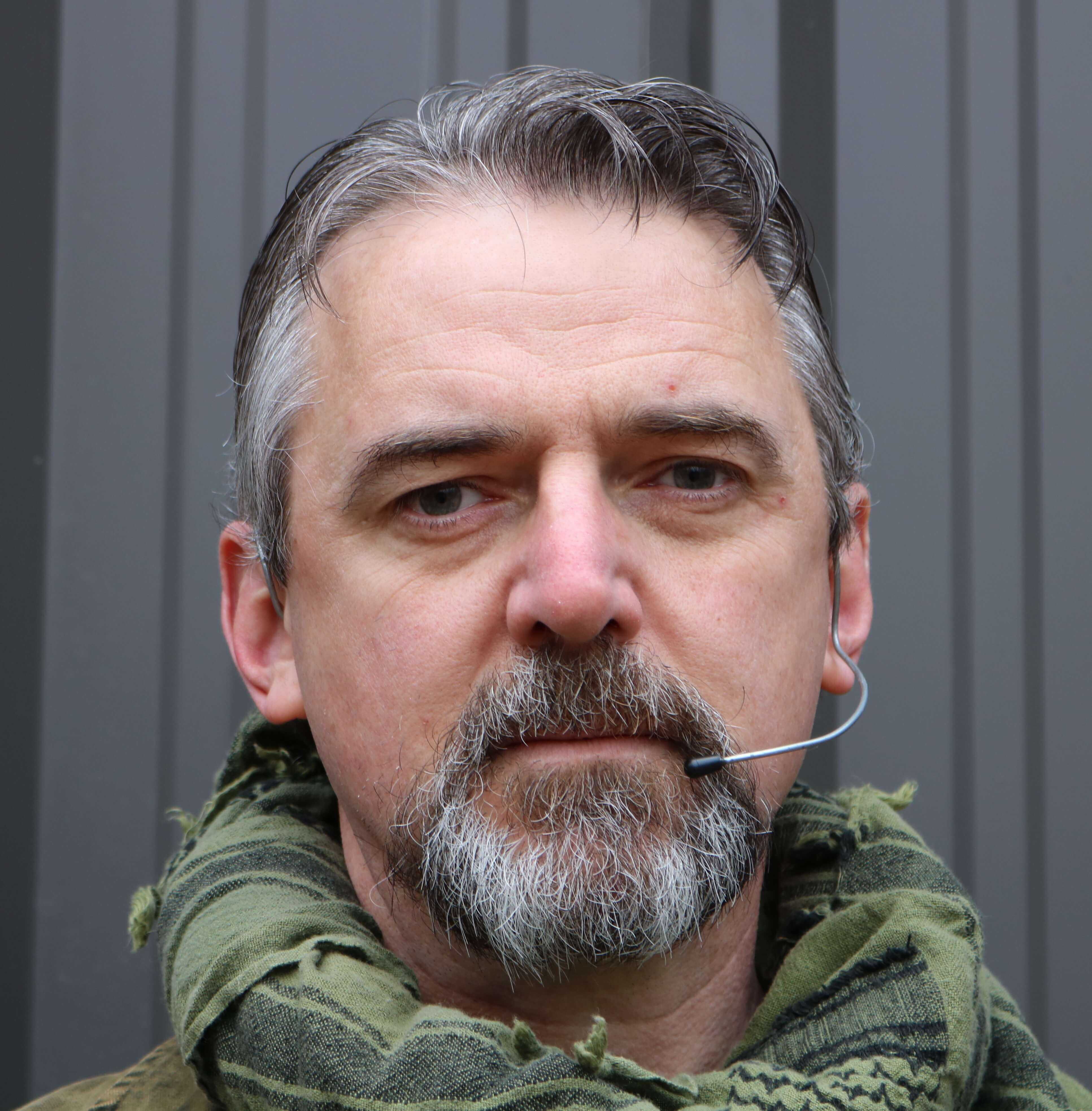
I was born in 47 and Joined the Navy a month after my 17th. I had been in for six months when the Gulf of Tonkin incident happened in 8/64. My mom would not sign for the Army or the Marine Corps because it was too dangerous. The Air Force wouldn’t take me because I had not graduated from high school.
From 1965 through 1967 I did a total of 25 months in Vietnam 6 mo, 6 mo. and 13 months. I was a Navy Corpsman. Attached to a 17 man Combined Action Platoon.
We patrolled daily and did an ambush or raid nightly. As the platoon corpsman I went out on everything.
We had a BAR… that went out with us. Everyone could run it and everyone did at one time or another. We all loved that machine and jokingly planned on how to steal it and bring it home.
My grandfather, Emil Limes, fought in WWII and died from the effect of war wounds in 1955. His son, my uncle, Joe Limes, fought in Korea. Both were wounded in combat. My step Dad was in the Navy during Korea. All three had college degrees when they went to war.
My young world was filled with WWII and Korean vets.
At around age 15 I got in some trouble with a legit bad guy that swore he would kill me. Our janitor,Charlie Base, was a gruff old WWII that really liked me because I always lent a hand. He accompanied me to an Ace Hardware store and helped me pick out my first 1911.
Charlie then taught me how to run it in the basement of our Chicago north side six flat apartment building. We used old phone books for practice. He told the other tenants beforehand so no one complained.
Back then everyone was okay with something like that. Two of the other families in the building were headed by WWII vets and those guys sometimes joined us in the basement.
After a few months I joined the Chicago Park District Pistol Team pistol. Again, I was taught by a WWII vet.
Those men did really save the world from an evil empire. We owe them a lot.
Chicago used to be an okay gun city. I left in 64 and when I went back in 72 it had all changed.
I worked and went to law school there and practiced there till 1997. I always carried… didn’t care. Back then a 1911 or a .357 mag. Twice saved cops from getting injured or worse.
Moved to Texas, my wife’s home state, in 97.
I have always been grateful being a son of the greatest generation. My mom’s brothers brought me back a lot of things from the Pacific and Europe. From an early age all I wanted was to be in the military like my Uncles. Spent 34 years in the Navy, 5 years a submariner and 29 as a Frogman/Seal, miss it everyday.
Love these stories since WWII is my hobby. Shot a Bar in 1958 at military school, “sweet”. I suspect Mr Mullins was a tough nut and the kind of man a combat vet would love to share some time with. We could sure use a lot more like him than what we are producing now.
I am so proud of American’s that love, live and die for our country and our culture.
Thanks for a grand article.
I will try to relate my families’ part in it.
The Second group of Anglo-Saxons to arrive in Jamestown in 1609, the first was in 1607.
Present for all the wars and battles of what is now the USA.
First land owners in several states as they migrated South, long before the Cumberland Gap passage to the West was found.
My Scotch-Irish side of the family was part of the American families invited by the Spanish governor of Mexico to settle what is now Texas.
Mom and Dad had six children. Dad was a Foreman in the oil field from 1930 until he was badly hurt saving a man’s life in 1944.
My eldest brother was 17yrs older than me; he joined the Navy in 1943. He finished boot camp in NC but his group was not sent anywhere…after several weeks of waiting, they were issued another seabag of Marine uniforms. They were the first Seabees and had to maintain two seabags of uniforms. They were sent to Camp Pendleton for further training. My brother had pictures made of him in both. These CB’s were attached to the 3rd and 4th Marines and landed with them until they could get free and go build runways…They were fighting CB’s on those Jap islands.
My brother never talked about it except for one camp. When they established camp, they noticed several 55gal barrels tied together between two palm trees. After they went to sleep, a Jap sniper would shoot the barrels to harass them…the sniper hid in a lone chimney about center of the camp, they found him a few days later to his demise…
He mentioned once, that a crew member he knew of a B-29, hair turned white in one mission. The boy was only 19…
Number 2 brother and number 3 brother were underage and my Dad signed them into the Army Air Corps…they finished boot and my mother made them come home…they hated that.
My Dad died at 50yrs old. By the time I was 17, I convinced my mother to sign me into the Navy…I served on an aircraft carrier CVA-31 in the Cold War…1960-66. Chaney sold the steel from her to China in the 90’s…I entered the Navy at 5’ 9” 148lbs. Shot third highest at Camp Pendleton out of several hundred sailors. It was an M1, the first big bore I ever shot. The sweat in my eyes gave the guy next to me his only bull’s-eye…it was his only hit; (As an Explorer Scout, I was trained to shoot on a 22 rifle in the Junior NRA by a Korean War veteran, at a local National Guard outfit). Oddly enough, when I got on the ship, they assigned me the BAR on the landing party. I was proud of the listing, but never got to touch one…a big disappointment.
In my seventies now, I am a young Greatest Generation survivor…I am so proud of our nations builders and protectors…We have been the best nation ever because of who we are and where we came from. I usually leave immigrants after 1900 out of that statement…My Jamestown family were not immigrants; they came from British soil to British soil.
Signed, an Original American as of 1775… The word America was created by a German in Germany in 1532…and Columbus thought he made it to India, which is why the Mongolian migrants are named Indians.
One Nation Under God
I took my Basic Tng at Ft. Ord, CA, on the “6mo AD” stint from C/159th Inf, CAARNG, in 1959. AIT was Mechanic School, where I graduated first in my class, then 2mos OJT as a mechanic at Camp Roberts, CA. Returned to my unit knowing that I’d be in the motor pool as a mechanic. Nope, they gave me a BAR (I was 150lbs)! Go figure!! Great weapon, tad on the heavy side, especially with 20-20 rd mags full of .06 stuff!
I bought a BAR in the late 70s kept it at my bosses office because I didn’t have a real home I enjoyed shooting it never used it in combat ,regretted having to sell it before I moved back to Florida .
Thanks Dr. Dabbs. I was born one year and two months after VJ Day. Just about every adult male, including my SeaBee father, and some females on our little three block Main Street rural Central Kentucky town had served during WW II. Many vets also farmed in our county. These were our teachers, coaches, Sunday School teachers, storekeepers, town drunks, painters, carpenters, doctors, lawyers, cobblers who mentored and kept us in line while building our country after saving the world from evil. Everyone knew everyone but only they really knew each other. As little boys growing up in the ’50’s we were in awe of what they had accomplished while not knowing the demons they faced both in combat and after. Our county produced an inordinate number of Army Air Corps aviators relative to our population size; I guess those “farm boys” did love machinery. Families there of long deceased Privates and Sergeants are still discovering hidden Silver Stars and Bronze Stars never mentioned by the holders. Those men and women raised us and raised us well, I believe. I am forever grateful to have been born and raised there during that period. (FWIW, our county continued to produce an unusual number of military aviators relative to population size.) As a child, I spent many an evening in and around the local VFW while either Dad or both of my parents “socialized” with dad’s friends. When I came home from my tour as a Charlie Model gun pilot, I was not invited to join that same VFW. I do not begrudge my father’s generation regarding how they perceived my generation’s service; although, they did raise us so they should have known better. I guess they, too, were victims of the media. To my dying day I will honor their sacrifices and what they did for us individually and for our Nation as a whole. I was, indeed, a lucky person to have known them all.
I can agree with Dr. Dabbs on his statement that smallish men often were their squad’s BAR man. My Uncle Hubert was a Marine who made several landings on Japanese held Islands during WW2. I doubt the man ever weighed over 150 lbs. and as a teenage Marine probably would have weighed 125 lbs. or less. Nevertheless, he was his squad’s BAR man and spent a lot of time in combat. A true Southern gentleman, who made it home, , married, and provided for his family as a blue collar lineman for a local EMC. Like Dr. Dabb’s Geometry teacher, my uncle passed away from the effects of diabetes in his 70’s.
Great story about the man with the BAR
Dr. Dabbs is a true story teller. I always enjoy reading his reviews. This time he captured the heart and soul of my father’s generation. My friend’s Dad, a US congressman, served in the Battle of the Bulge. Another friend’s Dad, a judge was a US Marine on Iwa Jima. My father, an airplane mechanic, served in India and at the Pentagon. My father-in-law, a flight line fuel specialist, worked at the base of the Flying Tigers. This is the story of my generation. Thank you Dr. Dabbs. May you or your male descendants never have to experience what these men lived through.
Thanks, Will, for the article. I was lucky enough to get to know John Mullins in my short tenure at Lee. He was, as you said, a very quiet and private man who could teach a lesson in humility or humanity without saying a word.
How can anyone disrespect our Flag, I’m so proud and thankful for the Greatest Generation. Memorial and Veterans day are Holy days. Thank you Dr Dabbs
My dad started out in North Africa in 1942 and then made the landing as a tank crewman at Salerno, Italy. He fought all the way up the Italian boot past Rome, making the Rapido River crossing in the process. If you don’t know the significance of that, I highly recommend you do some research.
Like most 5th Army troops, he hated General Mark Clark (who had an arrest warrant issued for him in Texas because of the casualties his ineptitude inflicted on the 36th Infantry Division which had the third highest casualty rate of any unit in WWII). But he survived having three tanks shot out from under him while only losing all his teeth from smashing his mouth on the hard surfaces inside the tank when it was knocked out. He was a good man who lived his life well and never asked for anything from anyone, choosing to make his own way in the world by his own hard work. How different he was from so many of today’s generation.
My dad was a paratrooper, 101st Airborne. He jumped out of an airplane into the dark over Normandy on June 6, 1944. His rifle butt hit him in the face and broke his jaw upon landing. He spent ten days in the field, unable to eat. He lost so much weight he was henceforth known as “Slim.” This was related to me by my mother. Dad never talked to my brothers and I about his experiences in the war. The only thing he ever said was when, after my H.S. graduation, I was telling him about two friends who were taking the summer off to backpack through Europe before college. I said they were starting in France. He said “France, huh? I was there in ’44. I didn’t like it.”
My maternal grandfather was an infantryman in the British Army in the 1st world war, he lied about his age and enlisted at 15 in 1915 and served in the trenches in France throughout the war. He was wounded by machine gun fire once and gassed once, he was a very quiet man with a dry sense of humor, when I enlisted in the Marine Corps he sat down with me one evening and related his experiences in the war, years later after he had passed away I was relating some of it to my mom and she was taken back because her dad never talked about the war with her or any of her siblings. RIP Tom Haigh
Years ago, one of my Class III dealer buddies gave me the honor and privilege of shooting his BAR shortly before he passed away. Besides being extremely heavy, what impressed me the most about the gun was how darn accurate it was, even though it operated from an open bolt. It was a dealer sample, so unfortunately I couldn’t’ buy it from his estate. If you ever get a chance to shoot one, don’t pass it up.
Gotta love a G.I. with a Van Dyke and a StG 44. Classy.
As always, enjoyed the article. I always asked my father about the war as a kid and he would talk about it, unlike many others. He was in combat as a medic from June, 1944 to May, 1945. Saw lots of blood and guts and could have been killed on many occasions. It wasn’t until he was 89 years old that I found out he had PTSD—nightmares for months after he got home. He passed at 94. We’ll never really know how much these guys suffered.
Wonderful article! I always enjoy reading them and appreciated the use of photos. As a young person, I never appreciated history the way I do now. You have been very fortunate to meet so many interesting individuals and be privy to their personal experiences. Thank you for sharing them with us.
***
Thank you for the great article! The photos are awesome. I’ve known a lot of these brave WW2 Veterans. Most are long gone now.
***
John Bibb
***
Mr. Dabbs while ALL of your writings are great, this one is outstanding! My father and two uncles served in the United States Navy. One uncle was a career Navy man and was the one of the greatest men I knew next to my father. The other uncle fell into the ravages of alcohol abuse directly related to his service.
These men were absolutely the greatest generation. Your story brought back many memories both happy and sad but I thank you for that.
Would love to see you write more about WW-II. All the best to you.
God give them rest and peace
I had a BAR handed me in 1985, with a price tag of $1500. I told the dealer it was to heavy and ammo was to expensive. Bought a STEN MkII instead. What a mistake.
What a great article! Great illustrations! I got interested in interviewing all vets I could find as a kid, after I discovered my Marine Corps uncle’s stash of items brought home from Iwo Jima and Tarawa. One of them was a skull of a Japanese soldier, so I knew things were really rough. I had a knack after that of getting them to talk about the worst incidents, and like in this story, the relatives were agape that I had wrestled the story from them. I think it just that they could see my undying interest, and seriousness in knowing what happened. The next generation needed to know how bad war was if we were going to learn anything from it, and avoid it at all costs.
My Dad was a co-pilot on a B-17, and from the pictures he brought home we had many questions for him, but he down played the violence until we were older. They were truly the greatest generation. My Dad finally passed away some 70 years after the war. He was still so brave he refused treatment from the hospital staff, because he knew he had a great life and had enough. God bless him!!
Another grand slam of an article. Well done Dr. Dabbs.
I ALWAYS enjoy the writings of Major Dabbs. I never comment to anything that I read online, but this time I have to because the article is so spot on and relevant. My eyes filled with tears as I remembered my own father’s story about how he got all those scars on his 6 foot 4 inch body. My father was the platoon sniper and carried a Springfield. However on August 9th, 1944 in a French town of Angers, he had taken over firing of the BAR during a German night counter attack on his platoon’s position behind a stone wall. After emptying several magazines he remembered a bright flash and then awakening on a stretcher. He spent many months in an English hospital recovering from his shell fragment wounds. The untold told part of the story is that all of dad’s best friends in the platoon, all those young men in the crinkled black and white photos, were killed later that night. My father carried what we would now call survivor’s guilt around for almost 60 years after that night. If I ever commented on how tough that night must have been, his eyes would always well up with tears and he would always comment that he had it easy. It took me a long time to begin to understand. America just doesn’t grow many men like that anymore. In the 1940’s they were common. We should all be thankful for that.
Sir, what a great article and thank you for your service past and present!
Dad died last year at 98 and 11 months. He mustered out a Master Sargent from 4 years in the Pacific, from New Guinea to the Phillipines. It took a lot of persuading, and generally some of his American Legion buddies, to even start talking about the lighter stuff. Im told he came back and quietly went to work. He built a new home and two barns for my grandparents, mostly alone, on top of his day job in the hills of SE KY. That day, he came out of his workshop in his garage, sat down in his recliner, leaned back and went to sleep. His funeral practically emptied two towns, and the county Sheriff had extra people on hand to direct traffic. He said often that his favorite tool back then was his BAR. He was 5-9 and 140 lbs soaking wet then.
This could have been my dad (except for the diabetes . . . ). He joined in 1940, landed in North Africa in ’42, served in Italy, Southern France, the Bulge. He got out in ’47 or so, didn’t like civilian life and went back in and served in Korea. Retired 1961 as a Lt. Colonel after starting as a buck private 20 year old farm boy.
Bernard Thompson, 1920-2002. Good job, Dad.
My father was Army, landed at Normandy and fought through France, in Battler of the Bulge and was awarded Silver Star, Bronze Star & Purple Heart. He was similar to the description of Mr. Mullins. The reason for this comment is to relay one of the few storys he told me. He made Sargent and subsequently carried a Thompson. He told me he that he would tell his squad to “spread out” and not bunch up so they would reduce the likelihood of being targets for easy, multiple kills. But he did keep the man with the BAR close and he said when the BAR let loose, the enemy started ducking giving his men needed time to react. An awesome weapon that likely helped him return home.
I am Will’s father. Will is the second generation taught by Mr Mullins. In the mid 50’s he taught me Geology then much later he taught Will Geometry. I really liked Mr Mullins. He made this 1950-60’s football player a better student. He also coached basketball and baseball and none of us knew of his military background. He was the greatest generation!
I am Will’s father, Will was the second generation under the tutelage of Mr Mullins. He taught me geology in mid 50’s and coached baseball and basketball. I liked him very much and he made me a better student. At this time we new nothing of his WWll experiences. Truly a man of the greatest generation!
A great article tied in with personal experiences. I’ll just say it connected with me through several periods of my life and leave it at that. Well done and my sincerest thanks for so few words that mean so much.
Semper Fi,
WR